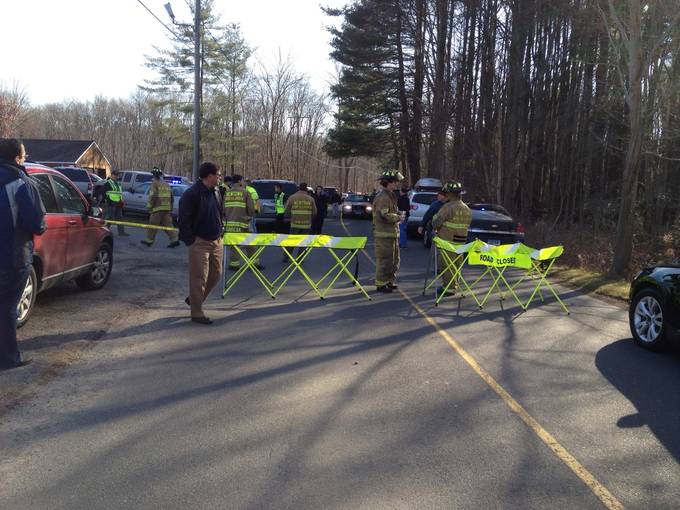“Violence has a way of making a mockery of words. After Auschwitz, Hiroshima, Vietnam, Cambodia, Rwanda, all words sound hollow. . .The proclamation of God’s justice or God’s love meets a wall of resistance, first in the throat of the proclaimer, then in the ears of the hearer.”I think that is true. I have also been appreciating others who have expressed themselves more poignantly than I could. I linked to many of these posts via twitter (follow me @ RevGirlKazoo)
In reality, though, my failure to post comes from a much more pedestrian and practical problem: I'm a preacher with three sermons to complete before Monday. With three different texts and ideas swirling around, I haven't had much space to throw my thoughts up here. But now that I have my ideas (mostly) sorted, I will provide you a preview of what we can expect from the pulpit (or the lack-thereof) in the coming week.
December 23
Text: Luke 1:26-38; Isaiah 9:2-7
Title: The Power of the Most High
Themes: We've been looking at the various words of Gabriel to Mary: "The LORD is with you." "Do not be afraid" and now "The power of the Most High will overshadow you." I appreciate what this last announcement does in terms of reminding us WHO it is that really accomplishes the work of Christmas. Isaiah 9 does the same thing with it's many passive verbs. Reading a combo of Martin Luther & Will Willimon this morning helped me to tie these ideas together.
Thought to Ponder: At Christmastime, are you a giver or a getter?
December 24
Text: Luke 1:46-55
Title: May It Be to Me as You Have Said
Themes: After an Advent full of Gabriel's pronouncements to Mary, we at last get to hear Mary's response. Some moments in history summarize all that has been and all that will be. Mary's obedience to God's work replays many stories of faith in the Old Testament. Mary's attitude is shared by all who encounter the Christ Child in the Biblical narrative. And, finally, Mary's willingness to follow is the story of the Church at it's best in every generation.
Thought to Ponder: Where do you hear the foreshadowing and echoes of Mary's words -- "May it be to me as You have said" -- in the Biblical story, the history of the church or the people of God today?
December 30
Text: Luke 2:21-40
Title: Faithfulness Through All Generations
Themes: We meet for worship one last time in the year 2012. It has been a full year for the DC CRC. We have much to celebrate. And we have losses that we might remember and grieve. Then we turn toward a new year -- 2013. Nothing like cracking open a new calendar! Fresh starts and New Year's Resolutions abound. But we are a people deeply rooted in history, context and tradition. Like Simeon & Anna in the Temple, only a lifetime of disciplined faithfulness prepare us for what God intends for our future.
Thought to Ponder: Anticipating a New Year on the calendar, what are the good things you are bringing with you into 2013?
Sermons are all still in the works so if you have feedback on these ideas, I'm happy to hear them. Help a sister out, is what I'm saying!


